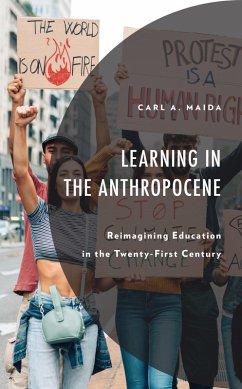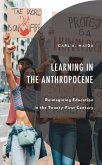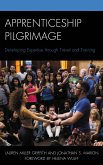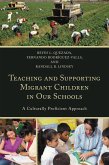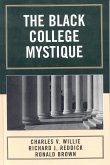Learning in the Anthropocene: Reimagining Education in the Twenty-First Century reimagines the education of future generations in our complex society. Carl A. Maida argues we are living in an era of transition that has been repeatedly called an age of acceleration, and in this time of crisis, diverse constituencies will need to coalesce and create place-based arenas for critical inquiry and reflection around biodiversity, energy, and sustainability concerns. Education is therefore critical to the public sphere, which is polarized by contentious debates over class, ethnicity, culture, and more recently the fate of the planet. He posits that two provinces-the school and society-can join together to afford students greater freedom to produce future knowledge by advancing experiential instructional approaches as humanity faces profound challenges to its existence.
Bitte wählen Sie Ihr Anliegen aus.
Rechnungen
Retourenschein anfordern
Bestellstatus
Storno

